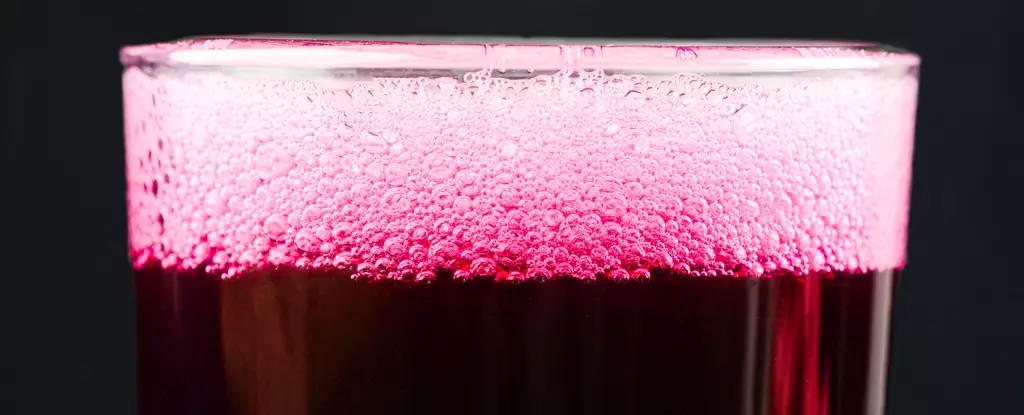Beetroot has been garnering attention as a potential performance enhancer for athletes seeking a competitive edge in their running and cycling endeavors. While some individuals choose to consume beetroot in juice form, others opt to eat it whole or mix it into a drink using powdered beetroot. The question arises: can beetroot truly make a noticeable difference in an athlete’s speed and endurance?
A comprehensive systematic review conducted in 2020 analyzed 80 clinical trials where participants were randomly assigned to consume beetroot juice or a placebo. The results of this review indicated that beetroot juice consumption led to performance benefits for athletes. In a 16.1-kilometer cycling time trial, individuals who consumed beetroot juice experienced performance gains equivalent to 48 seconds. However, upon closer examination, it was revealed that beetroot juice did not yield the same benefits for women or elite athletes. Nevertheless, the limited study sample size in these subgroups may have impacted the outcomes.
Another substantial systematic review in 2021 examined 73 studies focusing on endurance athletes engaged in long-distance running, swimming, or cycling. The findings showed that supplementing with beetroot (along with other nitrate-rich vegetables) improved the athletes’ time to exhaustion by an average of 25.3 seconds and increased the distance covered by 163 meters. Notably, recreational athletes reaped the performance benefits of beetroot supplementation, whereas elite athletes and sedentary individuals did not exhibit the same improvements.
Beetroot is rich in nitrates and anthocyanins, with nitrates being the primary components responsible for the performance benefits. Once consumed, nitrates are converted into nitrite by oral bacteria, which is then transformed into nitric oxide in the stomach’s acidic environment. Nitric oxide acts by dilating blood vessels, facilitating the rapid delivery of oxygen to the muscles to fuel physical activity. This efficient oxygen transport leads to reduced energy consumption during exercise, delaying the onset of fatigue.
The Australian Institute of Sport (AIS) has evaluated beetroot and categorized it as a Group A supplement, backed by strong scientific evidence for use in specific sporting scenarios. The AIS advocates for beetroot supplementation in exercises, training sessions, and competitive events lasting between 4 to 30 minutes, as well as in team sports involving intermittent activity. To achieve optimal performance benefits, beetroot products should contain a nitrate dose ranging from 350 to 600 mg, as indicated on the label. While baked beetroot contains approximately 250 mg of nitrate per 100 grams, concentrated beetroot juices are a convenient alternative.
Consuming beetroot product 2 to 3 hours pre-exercise allows sufficient time for nitrate conversion and absorption. Continuous beetroot juice intake several days before training or competition may offer additional advantages. However, individuals should avoid antibacterial products like mouthwash, gum, or lollipops that could hinder the nitrate-to-nitrite conversion process.
Although consuming nitrate-rich vegetables directly before exercise may not significantly impact performance, incorporating five servings of nitrate-rich vegetables into daily meals helps maintain elevated nitric oxide levels in the blood. Aside from beetroot, other nitrate-rich vegetables include celery, rocket, spinach, leek, parsley, and Chinese cabbage. It is best to enjoy these vegetables in ways that suit your preferences, as the impact of cooking and storage on nitrate levels remains uncertain.
While beetroot can provide a slight performance boost, it is essential to complement it with a well-rounded training regimen that includes sufficient carbohydrates, protein, and hydration. Seeking guidance from an exercise scientist or accredited sports dietitian can help optimize athletic outcomes.


Leave a Reply